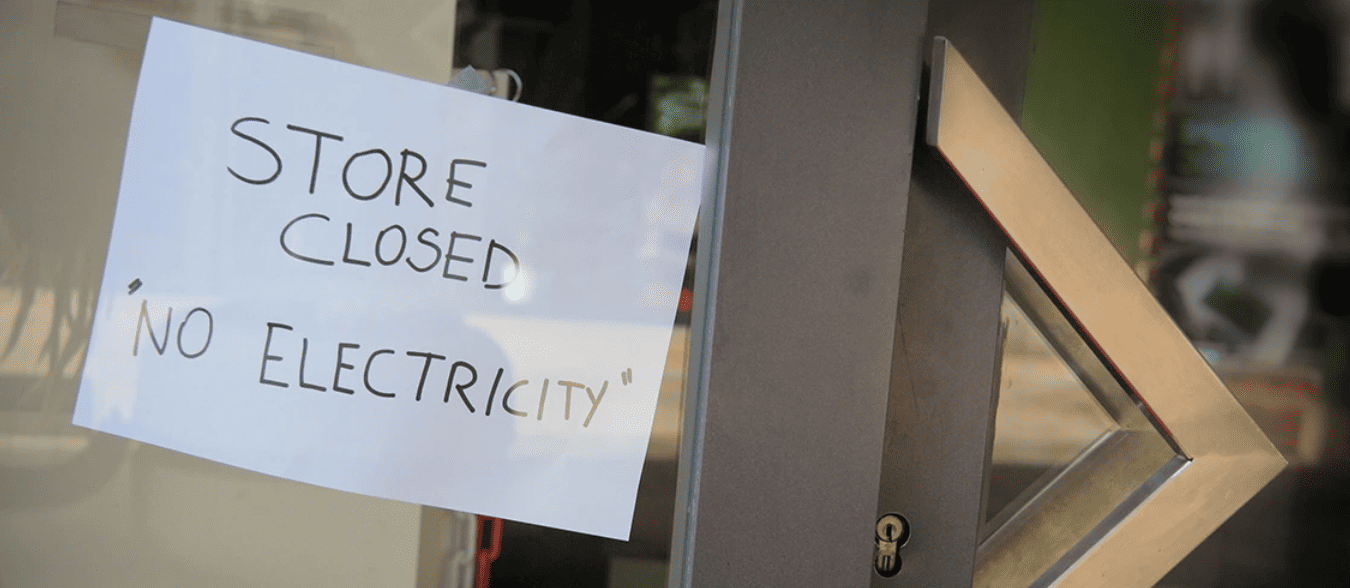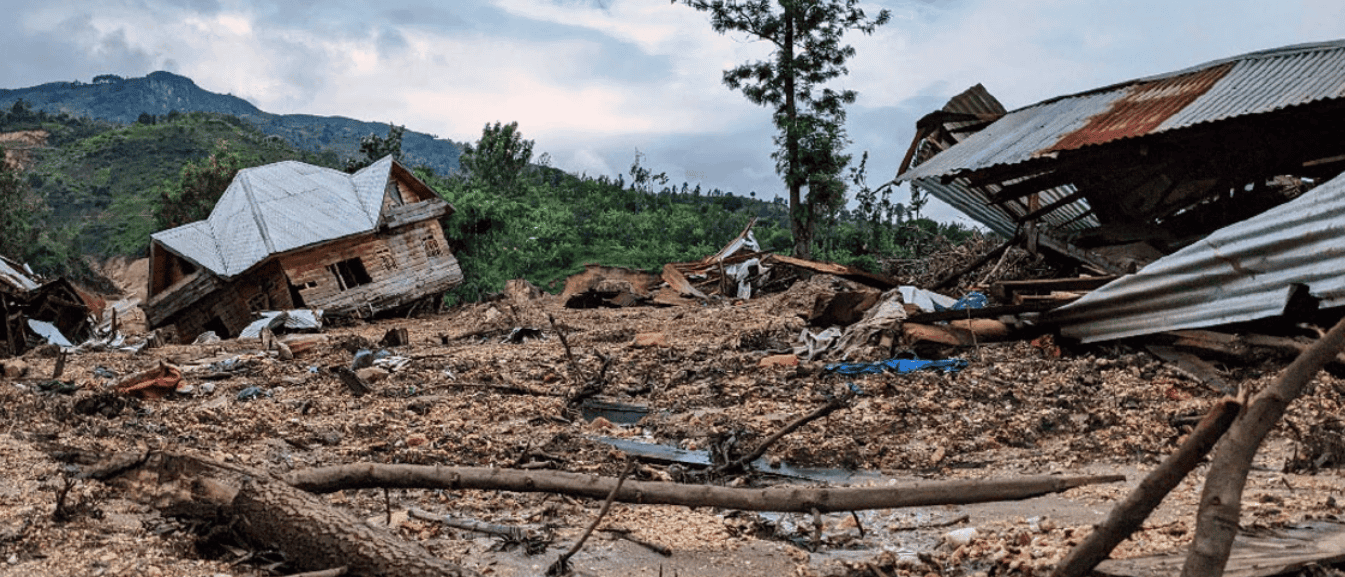In Mali, the Jigisemejiri Emergency Social Safety Net Program is protecting the poorest and most vulnerable rural households from the impact of economic shocks and other crises. Since the program’s launch in 2013, the Government of Mali, with support from the World Bank including IDA grants of $122.4 million total, has provided cash transfers to more than 103,000 households to enable them to meet their urgent needs while investing in their children’s human capital and building their resilience to shocks.
In 2021, the program successfully piloted mobile money transfers to almost 3,000 households in the Mopti region as an alternative to the standard cash disbursement method. Participants found that using mobile technologies to access their payments was easier, faster, safer, and with fewer associated costs. A recent review of the pilot, supported by the G2Px Initiative, provides strong evidence and learning for expanding the option of mobile money transfers in social safety net programs.
Cash transfers provide vital funds directly to households when they need them most. Traditionally these transfers are distributed in cash to participants at collection points on a specific date. However, communication about collection dates can travel slowly in remote parts of the Mopti region, and this often means participants must pay for transport away from their village at short notice to reach the collection points on time, interrupting work and other household responsibilities. As one man describes, “We get the information on the very day that the payment is to be made. Many times, the information arrives after we have already gone out to work. We then have to return from work to go and collect the money, which is a major inconvenience for us.”
Mobile money transfers offer greater flexibility for participants. They receive a text message alert when their payment is available and can choose the day, time, and location to withdraw their cash. This avoids the need to sacrifice working days , and payments can be collected without rushing. For those involved in the Mopti mobile money pilot, travel times and costs were reduced or even eliminated. Mobile money agents are readily available in most villages, and oftentimes within walking distance of the household.
The security risk in Mali is high, and large groups of people can attract malicious activities. With the cash disbursement method, large groups of beneficiaries gather on the collection day. They frequently encounter long wait times at the collection point until their village is called for collection, and may not return home until after dark, “When there is a payment, we spend the entire day at the municipal office. We set out from our village in the morning and don’t get back until evening – a real difficulty for us”.
Thanks to mobile money transfers, participants are better protected from such risks and delays. They are free to choose when and where to withdraw their payments, which means fewer people turn up on any given day and less time is spent waiting at service points. With mobile money, it usually takes no more than 15 minutes to collect payments, “Once we get there, they hand us the money without any problem. We have never had any issues with waiting lines”.
For mobile money transfers to work, participants need to provide identification documents and have access to mobile phones; and additionally, a strong network of mobile agents with enough liquidity must be available. The registration process is straightforward, and once registered, participants receive a SIM card for notifications and to withdraw their payments from mobile money agents. “To tell the truth, we encountered no difficulties in any of the stages [of registration]”. Access to mobile phones and the use of mobile money is already widespread in the Mopti region, which makes this option even more convenient for most participants.
Even those who do not know how to read or write are able to use phones with the help of trusted family members and friends. An elderly woman explains, “My granddaughter is always available to read phone text messages for me.”
By harnessing the flexibility of mobile money payments, the Mopti pilot is simplifying the cash transfer process for participants. Key learnings from this program can inform future pilots and research on mobile social cash transfers. Opportunities for further study include the option of utilising pre-existing participant mobile money wallets for cash transfer payments, implementing voice notification alerts for participants who cannot read, developing a phone feedback process to improve upstream communication, and educating participants on the safe and secure use of mobile money.
Source : World Bank Blogs







































































